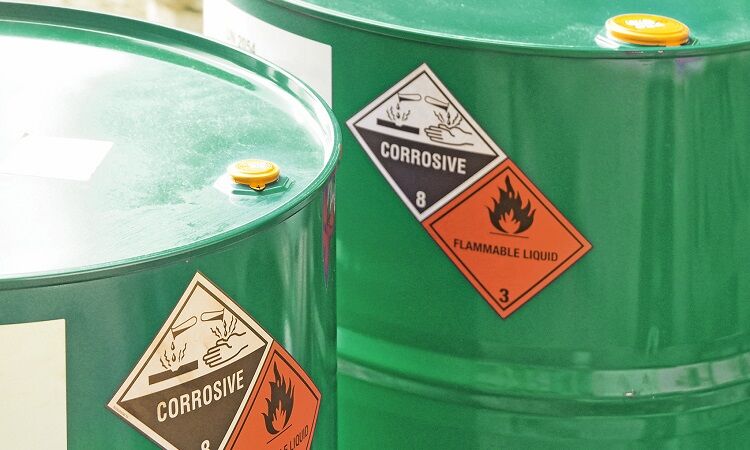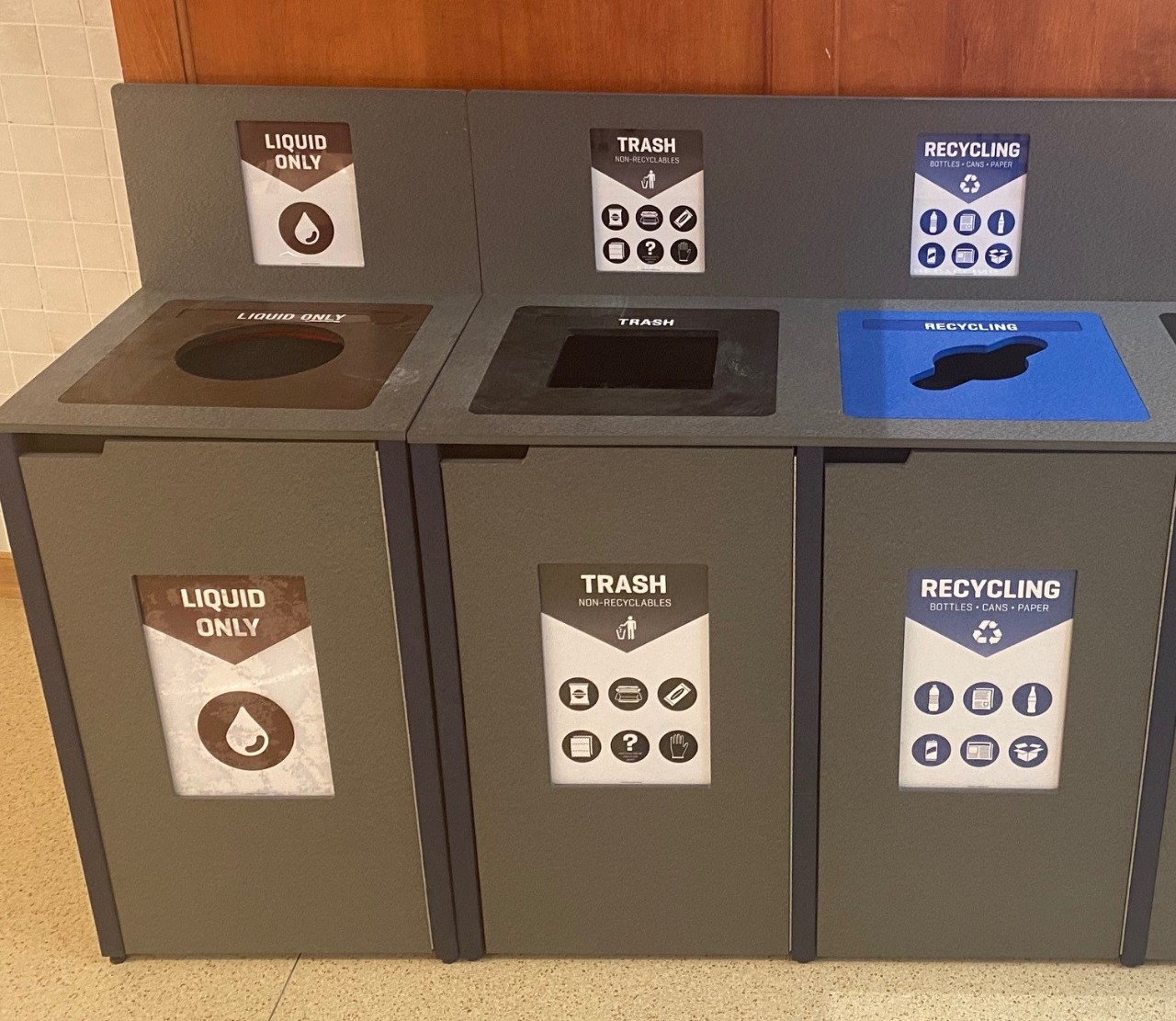Comprehensive Liquid Waste Disposal: Solutions for Houses and Businesses
Comprehensive Liquid Waste Disposal: Solutions for Houses and Businesses
Blog Article
Recognizing the Comprehensive Refine of Liquid Waste Disposal: Finest Practices and Environmental Influence Factors To Consider
The management of fluid waste disposal is a multifaceted concern that requires a detailed understanding of numerous ideal practices and their associated ecological effects. From the sorts of liquid waste produced to the techniques employed for collection, therapy, and last disposal, each action plays a crucial role in protecting environments and public health and wellness. As regulatory criteria develop and innovation developments, the discussion around these processes comes to be significantly essential. What effects do these adjustments hold for future sustainability efforts, and just how can stakeholders make sure that they are effectively attended to?
Kinds of Fluid Waste
Understanding the various kinds of liquid waste is crucial for effective management and disposal techniques. Liquid waste can be generally categorized right into a number of types, each requiring special handling and treatment approaches.
Industrial fluid waste frequently includes dangerous materials, consisting of heavy metals, solvents, and chemicals, generated during producing procedures. These wastes require stringent governing conformity to secure human health and the atmosphere. Domestic liquid waste mainly refers to wastewater created from households, including sewer and greywater, which, although less poisonous, can still posture substantial threats if incorrectly taken care of.
Agricultural liquid waste, consisting of runoff from farms, usually contains fertilizers and pesticides that can bring about environmental destruction if not treated sufficiently. Medical liquid waste, generated from health care centers, includes contaminated liquids such as physical fluids and chemicals, requiring specialized disposal methods to avoid infection and ecological contamination.
Finally, oil and oil waste, usually produced by restaurants and automobile sectors, can trigger serious obstructions in drain systems otherwise handled correctly. Understanding these groups assists in targeted strategies for treatment, conformity with guidelines, and effective disposal techniques, ultimately advertising environmental sustainability and public wellness safety.

Collection Methods
Efficient collection methods are critical for the appropriate management of liquid waste, ensuring that it is collected safely and efficiently prior to treatment or disposal. Different methods are utilized depending on the kind of fluid waste generated, the quantity, and the certain features of the waste.
One usual technique is making use of dedicated collection containers or sumps, which are made to capture fluid waste at the resource. These systems commonly incorporate pumps that promote the transfer of waste to larger storage space containers or treatment facilities. In addition, mobile collection devices equipped with vacuum cleaner innovation are employed in scenarios where waste is produced periodically or in hard-to-reach locations.
For commercial settings, closed-loop systems can efficiently minimize leakages and spills, enabling the recovery and reuse of fluid waste. It is also vital to educate personnel on correct collection methods to reduce risks related to unsafe compounds.
Additionally, applying regular maintenance timetables for collection tools guarantees optimal performance and security. The integration of advanced monitoring systems can improve collection efficiency by offering real-time data on waste levels and prospective threats. On the whole, effective collection approaches are fundamental to sustainable liquid waste management methods.
Therapy Procedures
Treatment processes play a vital role in the management of liquid waste, transforming potentially hazardous materials right into risk-free effluents or recyclable sources - liquid waste disposal. These procedures can be broadly categorized into physical, chemical, and biological approaches, each customized to deal with particular pollutants present in the waste stream
Physical treatment techniques, such as sedimentation and filtering, read this post here job by eliminating put on hold solids and particulate matter. These strategies are commonly the initial step in the therapy chain, efficiently decreasing the load on succeeding processes. Chemical treatments entail making use of reagents to counteract damaging compounds, speed up hefty metals, or oxidize natural toxins, therefore boosting the security of the effluent.
Organic treatment procedures, including turned on sludge systems and anaerobic digestion, take advantage of the all-natural capabilities of bacteria to degrade natural matter. These approaches are particularly efficient for wastewater containing biodegradable contaminants. Advanced find out this here therapy technologies, such as membrane filtration and advanced oxidation procedures, are increasingly utilized to attain higher degrees of filtration.
Incorporating a combination of these therapy methods not only makes certain compliance with regulative standards however likewise advertises ecological sustainability by recovering beneficial resources from liquid waste.
Disposal Options
Exactly how can companies ensure the responsible and safe disposal of liquid waste? Reliable disposal alternatives are vital for guarding public health and the environment. The main approaches consist of land disposal, incineration, and treatment complied with by discharge right into local wastewater systems.
Land disposal includes the cautious control of fluid waste in marked landfills, making sure that it does not leach into surrounding dirt or water. Incineration, on the various other hand, topics fluid waste to high temperature levels, transforming it right into ash and gases, which require proper filtration to minimize emissions. This technique is appropriate for harmful wastes that can not be dealt with through standard ways.
In situations where liquid waste can be treated, organizations might select organic or chemical treatment procedures to reduce the effects of unsafe parts before releasing the dealt with effluent into municipal systems. This course typically aligns with regulatory needs, making certain that the effluent satisfies safety and security standards.
Inevitably, organizations should conduct detailed assessments of each disposal alternative to determine its stability, thinking about variables such as waste composition, governing conformity, and potential risks to health and the setting. By selecting ideal disposal techniques, organizations can add to a responsible waste monitoring technique.
Ecological Influence
The ecological impact of liquid waste disposal is a critical factor to recommended you read consider for companies looking for to lessen their eco-friendly footprint. Furthermore, the discharge of neglected or inadequately dealt with waste right into surface waters can result in eutrophication, leading to oxygen deficiency and the subsequent death of fish and various other organisms.

To minimize these impacts, companies should take on best techniques such as applying extensive waste treatment procedures, promoting recycling and reuse, and sticking to regulatory requirements. By taking an aggressive strategy to fluid waste administration, entities can substantially reduce their ecological footprint while sustaining lasting advancement goals. Eventually, a detailed understanding of the environmental impacts related to liquid waste disposal is important for informed decision-making and liable stewardship of natural sources.
Verdict
Reliable management of liquid waste is important for guarding environmental integrity and public health and wellness. By adopting ideal techniques in treatment, collection, and disposal, along with adherence to regulatory criteria, the capacity for unsafe contamination of ecosystems can be substantially lowered. Constant innovations in modern technology and procedures contribute to sustainable waste monitoring efforts. Eventually, a thorough understanding of liquid waste disposal not only mitigates environmental effects however likewise cultivates a dedication to responsible source administration and ecological stewardship.
The management of fluid waste disposal is a multifaceted concern that calls for a complete understanding of numerous finest practices and their linked environmental influences. From the types of fluid waste generated to the methods used for collection, treatment, and final disposal, each action plays a vital role in guarding ecological communities and public wellness.The environmental impact of liquid waste disposal is an essential consideration for companies seeking to decrease their ecological footprint. Inevitably, a detailed understanding of the ecological influences associated with fluid waste disposal is necessary for informed decision-making and liable stewardship of all-natural sources.
Eventually, a detailed understanding of liquid waste disposal not just mitigates environmental influences but likewise fosters a dedication to accountable source management and ecological stewardship.
Report this page